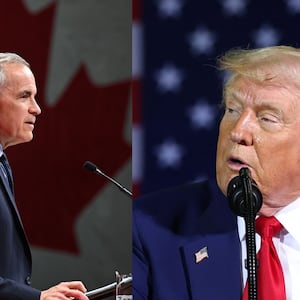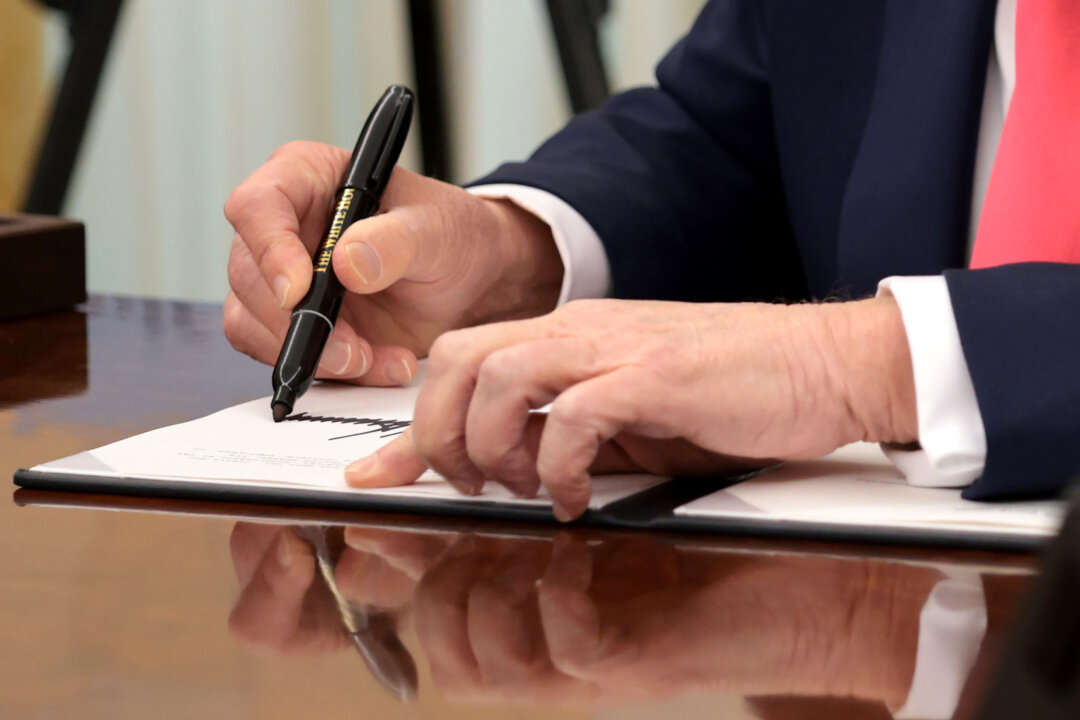The Punjab government’s drive to implement the Rs37,000 minimum wage is a commendable step — and, quite frankly, long overdue. In a country where inflation routinely outpaces income growth and economic uncertainty disproportionately crushes the working class, such policy enforcement is not just a gesture of goodwill, but a necessity. It is often said that the strength of a society is measured by how it treats its most vulnerable.
For too long, Pakistan’s labour force — particularly the daily-wage earners and industrial workers — has operated in the shadows of policy, earning far below what could reasonably be considered a livable wage. While figures on paper make headlines, the reality on the ground has largely remained unchanged. The challenge has never been announcing wage hikes — it has been ensuring they are actually paid.

The government’s renewed effort must therefore not be reduced to a mere publicity campaign. It must translate into genuine accountability for employers and sustained protection for workers. Inflation, compounded by a volatile economic environment, has stripped dignity from labour.
Food, housing, transport — all are increasingly out of reach for those who form the backbone of the economy. We perceive this moment as one to rethink priorities. Wage enforcement is a strong beginning, but the end goal should be a stable, inclusive economy where the benefits of growth do not get trapped in boardrooms and balance sheets.
Until then, the least the state can do is ensure that those who toil to keep industries running and households functioning are afforded a wage that reflects basic decency. This is not generosity. This is justice.
.
Politics

Wage of Fairness

The Punjab government’s drive to implement the Rs37,000 minimum wage is a commendable step — and, quite frankly, long overdue.















